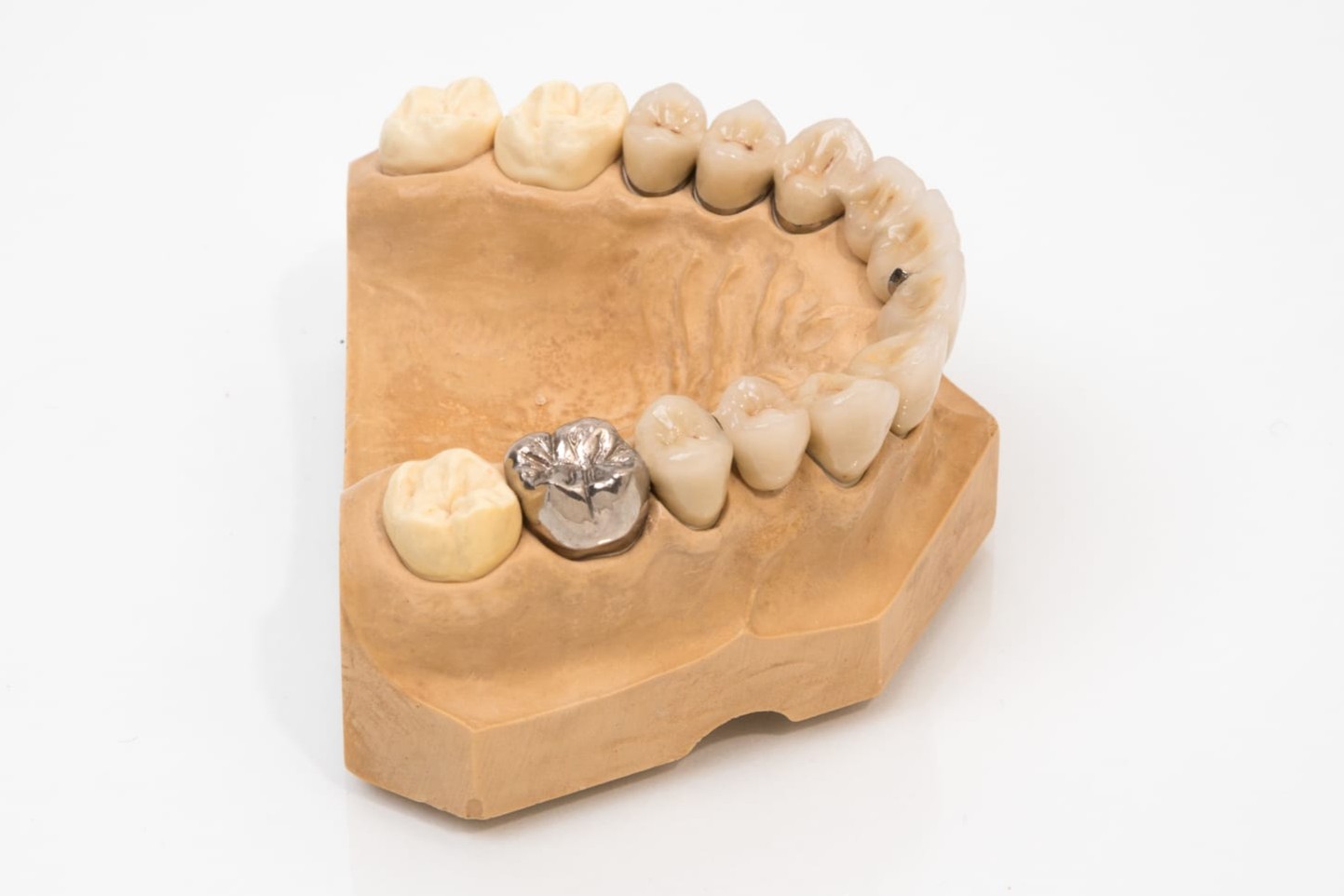Crown Vs Filling Vs Extraction: Which Dental Treatment Is Right For You?
When you have a damaged or painful tooth, understanding your options is the first step toward relief. Tooth damage can range from small cavities that are easily repaired to deep cracks or infections that compromise the entire tooth structure. The decision in the crown vs filling debate, or even whether an extraction is necessary, depends…


